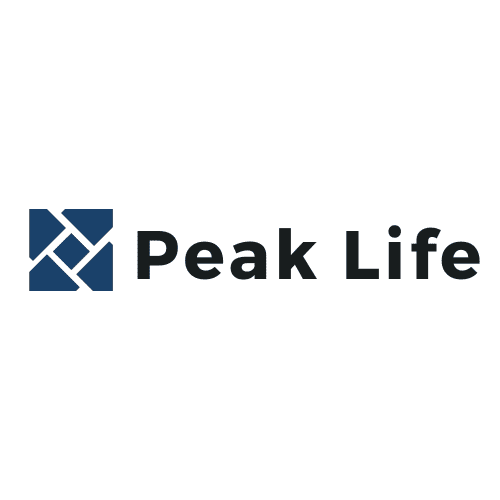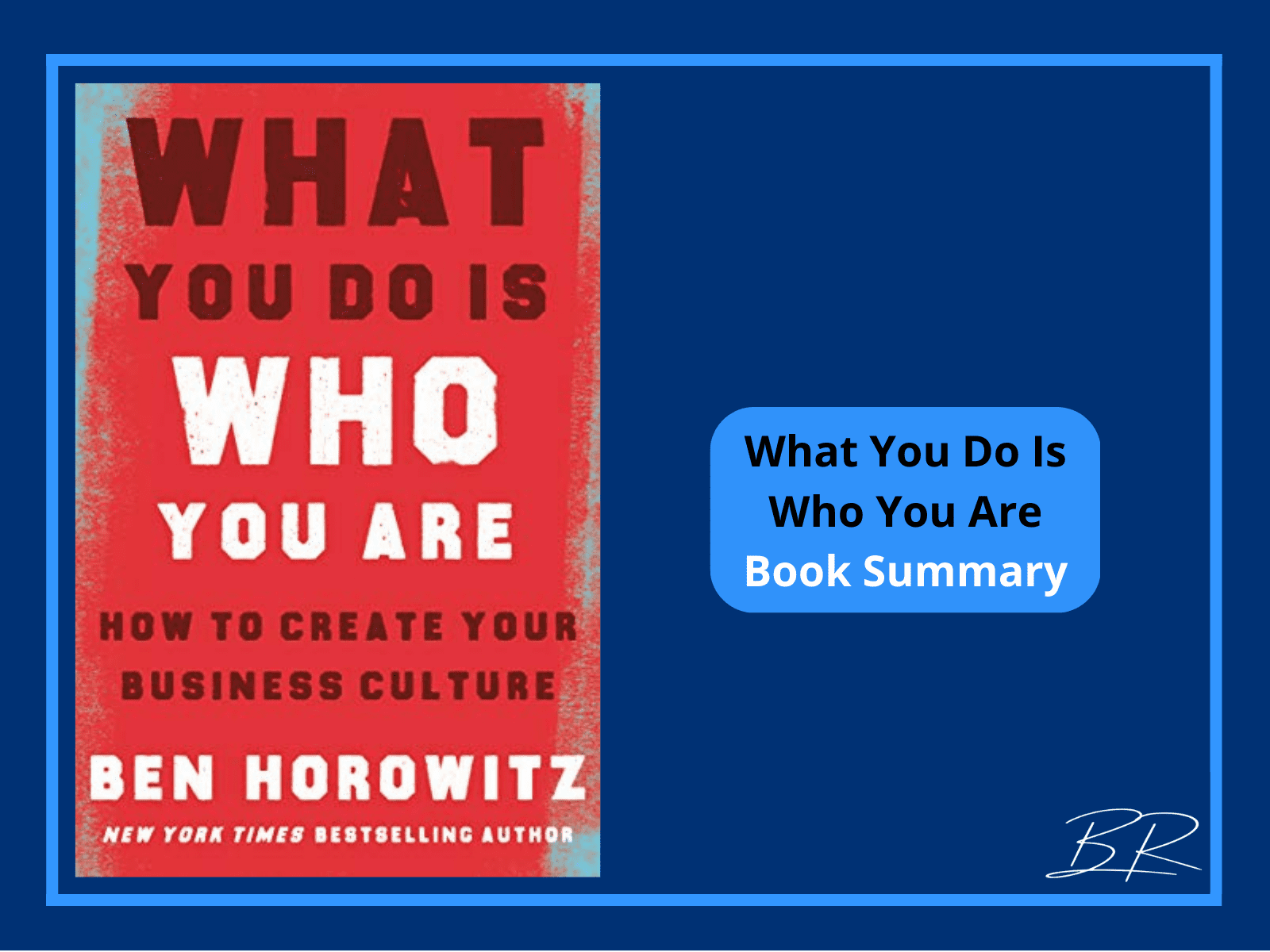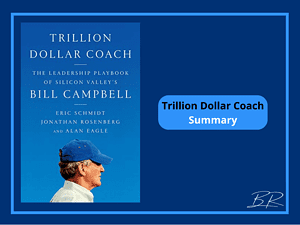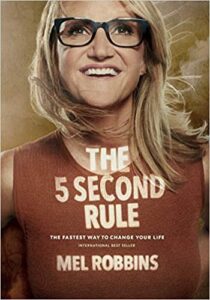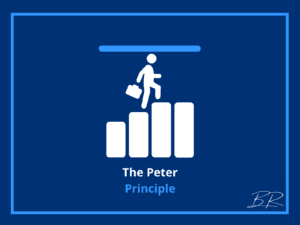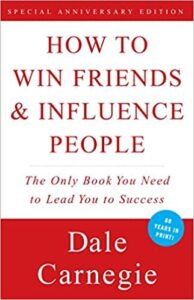What You Do Is Who You Are by Ben Horwitz Book Summary
This post contains affiliate links that help supports this blog and cost you the exact same. If you do not wish to use affiliate links, then feel free to google the product.
What You Do Is Who You Are, Ben Horowitz examines how identity shapes work culture and vice versa.
He provides a fun and detailed look into how companies can create and maintain cultures that cultivate success. The book is perfect for entrepreneurs, business leaders, professionals, managers, and anyone looking for insight into building great work culture.
Here’s a quick overview of the key points from the book and other related reading materials you should check out.
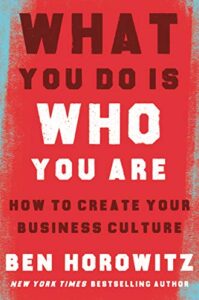
What You Do Is Who You Are by Ben Horwitz
Brief Overview of the Book
What You Do Is Who You Are is an exploration of the relationship between identity and work culture. Horowitz dives into the importance of understanding one’s own cultural identity as well as how to recognize different types of cultures in order to build a successful environment.
With this knowledge, readers learn how to find their own voices and develop effective ways to manage their teams and share their mission.
Three Key Takeaways
1) Culture isn’t just about values; it’s about behavior. A company’s culture is shaped by its members’ behaviors, both intentional and unintentional.
To truly understand your company’s culture, you must look beyond words or mission statements — you need to observe what people actually do.
2) Leaders have an important role in shaping a company’s culture.
Leaders are responsible for setting an example for employees by exemplifying the values they want to see in their workplace. They also need to ensure that everyone is held accountable for upholding those values by providing feedback when necessary and rewarding positive behavior when appropriate.
Finally, leaders must be open to change when needed — if something isn’t working then, it needs to be addressed quickly with an eye towards improvement rather than blame or punishment.
3) Success is about more than just money; it’s also about having a strong sense of purpose and meaning in what you do each day.
Companies that prioritize developing meaningful relationships with their employees often find that they are better able to achieve success because the staff feels valued and appreciated at work which leads them to be happier, more productive employees overall.
Best Three Quotes
1) “There’s a saying in the military that if you see something below standard and do nothing, then you’ve set a new standard.”
― Ben Horowitz
2) “Breakthrough ideas have traditionally been difficult to manage for two reasons: 1) innovative ideas fail far more than they succeed, and 2) innovative ideas are always controversial before they succeed. If everyone could instantly understand them, they wouldn’t be innovative.”
― Ben Horowitz
3) “Your employees will test you on your cultural virtues, either accidentally or on purpose, so before you put one into your company, ask yourself, “Am I willing to pass the test on this?”
― Ben Horowitz
Five Other Similar Books to What You Do Is Who You Are
1) The Culture Code: The Secrets of Highly Successful Groups by Daniel Coyle
2) The Advantage: Why Organizational Health Trumps Everything Else In Business By Patrick Lencioni
3) The Trillion Dollar Coach by Eric Schmidt
Read The Book Summary Here.
4) The Five Dysfunctions Of A Team: A Leadership Fable By Patrick Lencioni
Read The Book Summary Here.
5) The Hard Thing About Hard Things by Ben Horowitz
Read The Book Summary Here.
Conclusion:
If you’re looking for insight into how identity shapes work culture (and vice versa), What You Do Is Who You Are is definitely worth a read!
It provides valuable strategies for managing teams effectively while also discussing why success isn’t just about money—it’s also about having purposeful relationships with employees who feel valued and appreciated at work every day.
So if you’re looking for ways to maximize performance while fostering meaningful connections between your team members, this book will provide some useful insights!
